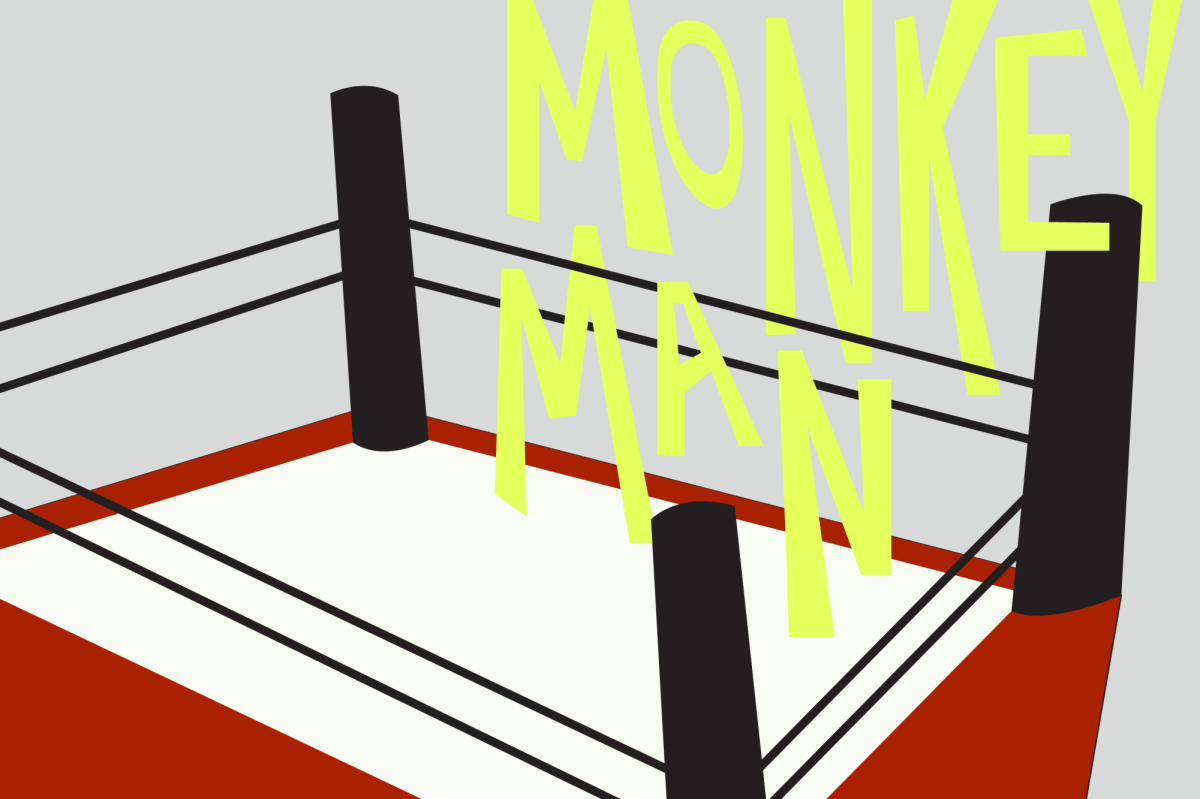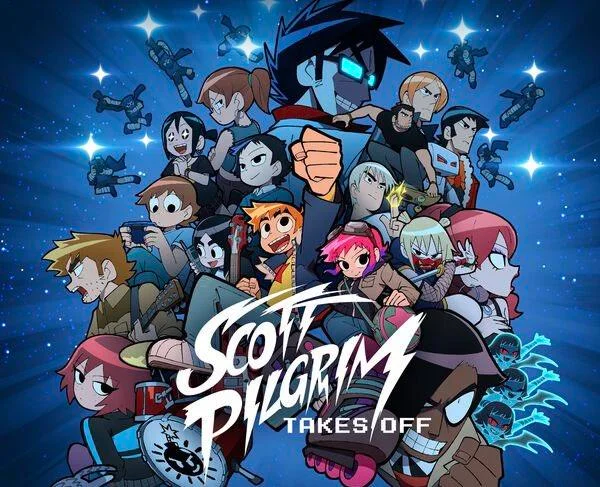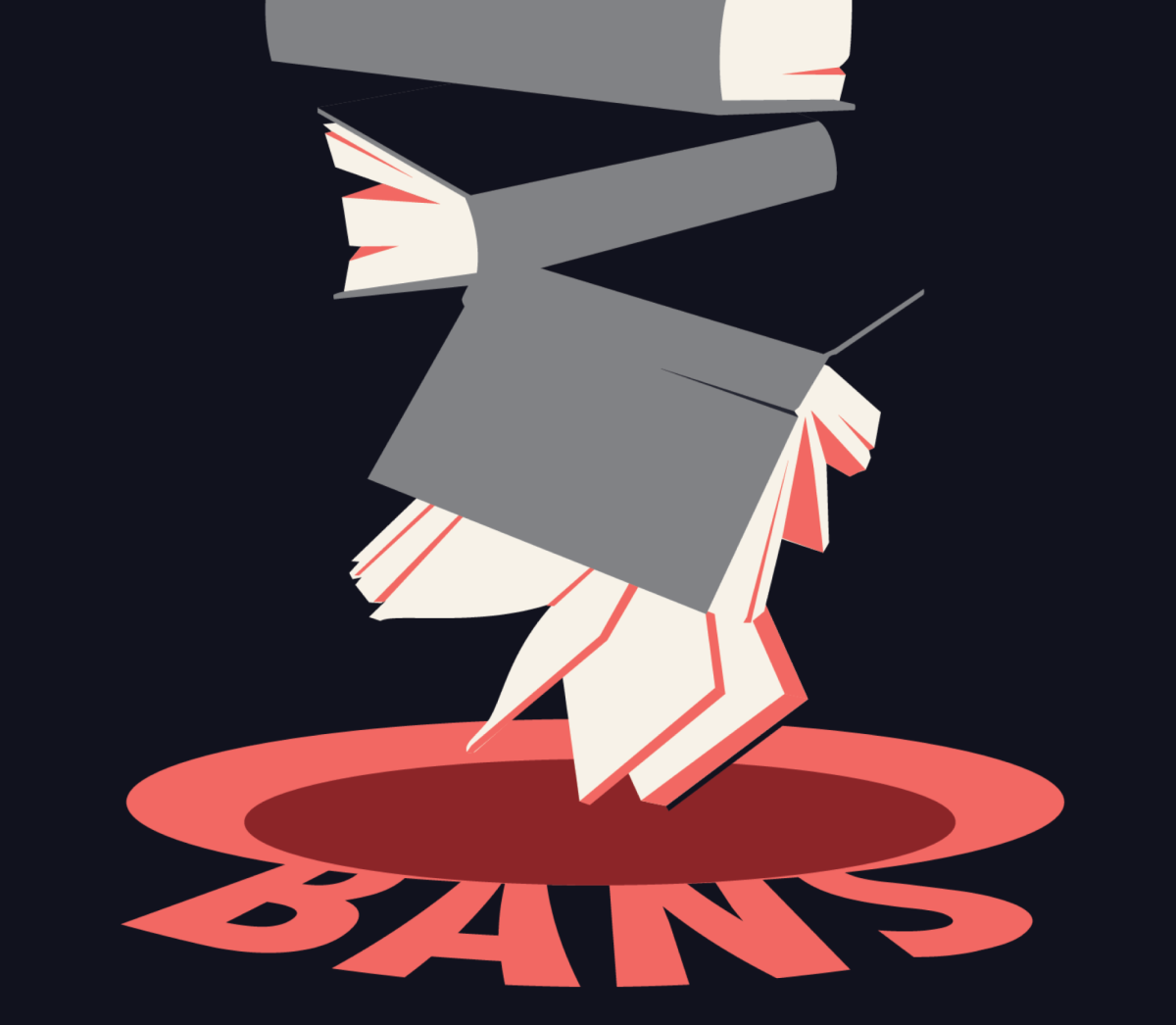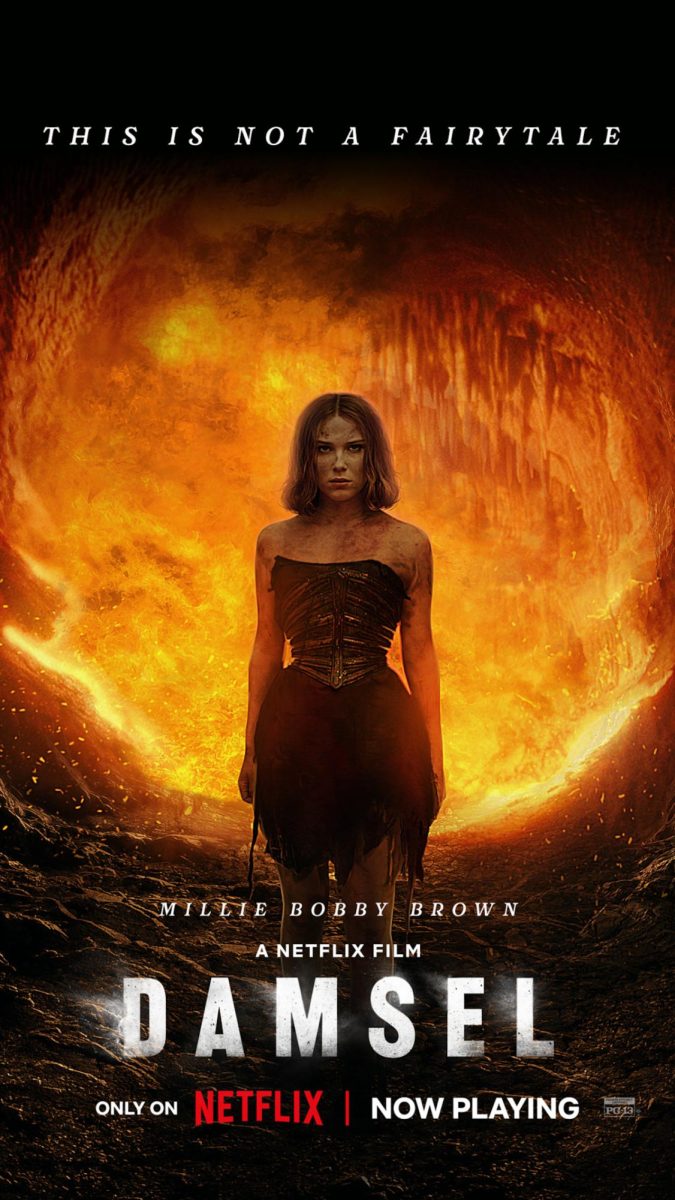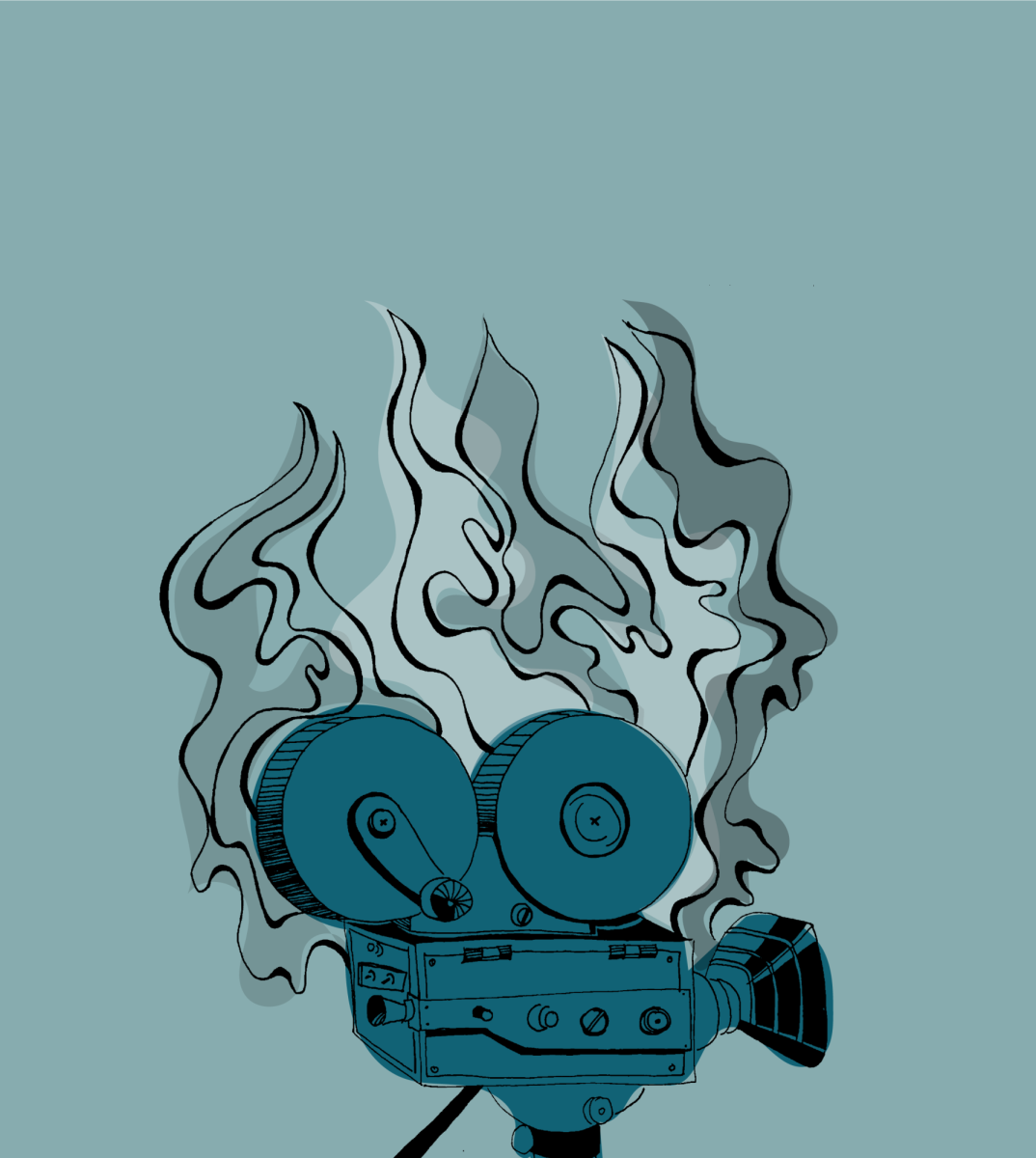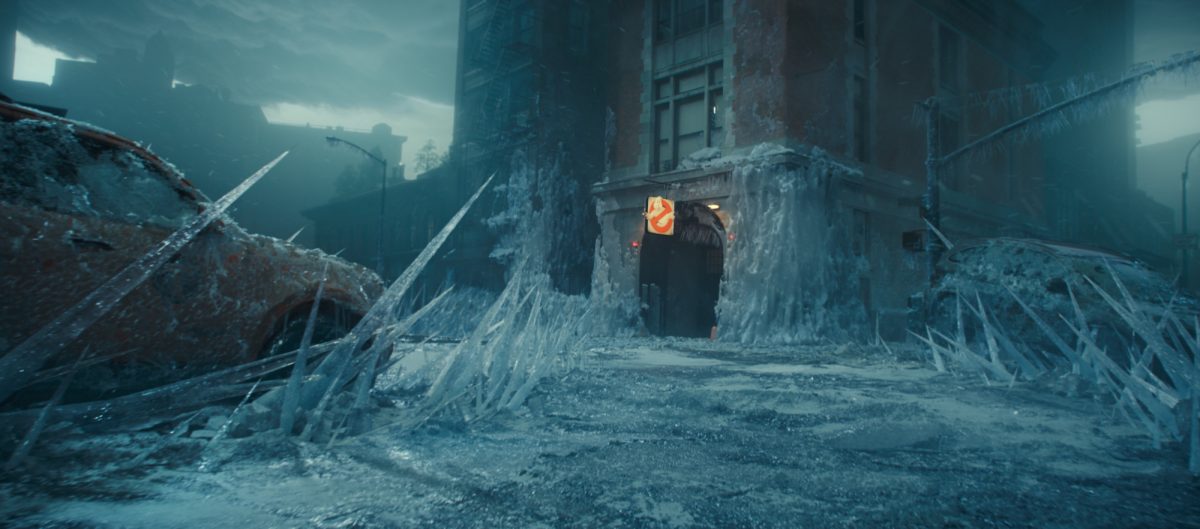The most exciting and potentially disappointing phrase ever uttered is, “They’re making that book into a movie.” From classic works to whatever is highly popular at the time, tons of movies are based on our favorite books with varying levels of success. But does reading the book first make a difference when it comes to our opinion of the movie?
As a bookworm myself, I’ll always say the book is better because I have visceral and emotional reactions to books while reading them. Kelly McDonald, an English major at the University of Utah, agrees.
“I’m okay with [making movies based off of books] as a practice,” McDonald said. “The adaptations are not usually as good.”
The answer to this question, however, depends on how you feel about books or reading in general. Those who enjoy the experience of watching a movie or who lean toward the visual, will have similar visceral and emotional reactions to the events played out on a screen.
For some, reading the words printed on a page makes it easier for them to insert themselves into the story. As an article written for The Guardian explains, “Films are great, but they just don’t have the same … inclusion that books have. You’re merely an observer: you aren’t feeling everything the character feels, aren’t reading every single one of their innermost thoughts, all of their doubts and fears and hopes. Films let you observe everything. Books? Books let you feel everything, know everything and LIVE everything.”
These individuals read books for the characterization — or just more characters, in some cases — and a slower or more drawn out development of themes, because the medium is more relaxed about how long it takes to tell the story. For example, the “Harry Potter” series is seven books, each several hundred pages long. The length of this series and the number of pages in each book gives J.K. Rowling the time to flesh out the Wizarding World and offer a fairly large role to the poltergeist, Peeves. The movies are — roughly — two and a half hours each, however. In order to portray all the plot points relevant to the central plot of the series as a whole, Peeves had to be taken out of the movies along with the well-loved character Winky.
The same article in The Guardian said, “Films… they can do a lot of things. They can bring whole worlds to life before our eyes … They can have us on the edge of our seats as vicious battle scenes are fought right before us, have us sobbing over a death, a heartbreak or smiling with joy. Films can make us see a lot of things — sometimes things that even books cannot do so well.”
Because movies have the ability to show and not tell, we’re able to better visualize the worlds talked about in books and understand non-verbal aspects of relationships between characters, the world and the plot.
Seeing is believing when it comes to books and movies, but only your personal preferences will determine if the book really was better.











